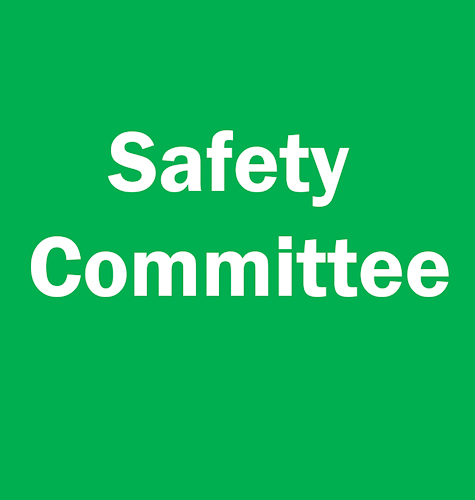A Path Toward Compassionate Public Safety
As many of us have witnessed firsthand, the challenges of homelessness, mental illness, and addiction are growing across Denver. These issues affect not only those experiencing them but also our shared sense of safety, community, and compassion.
UpDoNA had the opportunity to have a conversation with members of the mayor’s staff Cole Chandler and the Roads to Recovery Director Erin Atencio who explained the city’s efforts to help folks in mental crisis. From UpDoNAa we had Lisa Pope, Ron Townsend, Paul Melinkovich and Gil Vondrasek at the meeting.
Denver’s Roads to Recovery program offers a new approach. Instead of relying solely on law enforcement or emergency rooms, this initiative connects people directly to treatment, housing, and long-term support. Outreach teams—often paired with first responders—engage individuals on the street and guide them through detox, mental health care, and recovery services.
A key goal is to divert people from the criminal justice system for low-level crimes, into a city-coordinated network of intervention, treatment and rehabilitation services. Roads to Recovery works with over a dozen service providers in addition to the Denver Police Department. Denver Department of Public Health, Department of Housing Stability (HOST), Street Engagement Team (SET), Office of Neighborhood Safety, Sherriff Department, and Denver Parks and Rec. The number of agencies and service providers involved demonstrates the complexity of the coordination effort and the need for effective and common data basis which do not exist today.
Why It Matters to Us
- People in crisis are more likely to receive help, not handcuffs
- Fewer people living on the streets and emergency calls in our neighborhoods
- Improved public safety through prevention, not punishment
- A more humane, coordinated response to visible suffering
- Fewer individuals that are experiencing mental health crises in public settings.
- It addresses complex mental health and substance misuse needs.
When the Mayor took office, a high priority was finding both temporary and permanent housing for the homeless. Roads to Recovery was a part of the effort to keep people from going back to the streets and to help people that are still homeless to have a path to recovery. There are several issues still to be resolved including in-patient beds/capacity, case management capacity, common data bases and legal challenges. Despite the many successes, the program’s future is uncertain. Cuts to Medicaid and Medicare could severely limit access to care, leaving many without options—and our neighborhoods without relief.
What You Can Do
- Stay informed.
- Stay tuned for further UpDoNA initiatives to support this service including contacting our local government officials.
- Letter writing campaigns with more to come on that effort.
- If you observe people in crisis, call 311 for non-emergency issues and of course 911 for emergencies.
- Join our UpDoNA Cares Committee thatwho hasve been providing and serving meals (usually monthly) at the Delores Project and Urban Peak, two local shelters.
Together, we can ensure that Denver’s recovery efforts are not just compassionate – they’re effective.
Gil Vondrasek
Co-Chair, Safety Committee
Attribution for logo: Rob Squire



